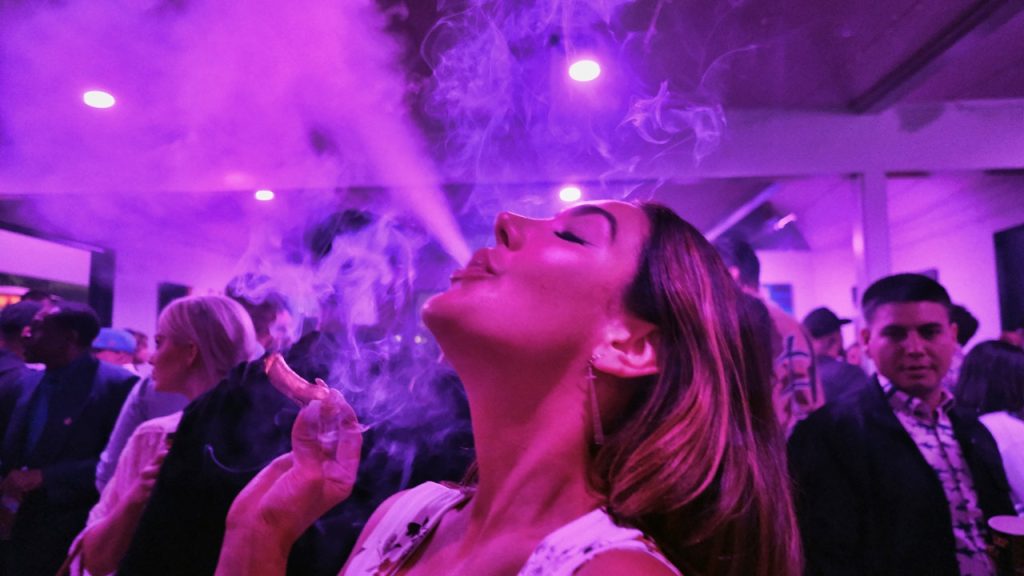The 4/20 holiday, which marks marijuana culture’s high holiday, originated in the 1970s with a group of friends in California who called themselves ‘the Waldos’. Recreational marijuana is now legal in 24 states, and 14 more states allow it for medical purposes. The White House has also shown an openness to marijuana reform, with many states implementing “social equity” measures to help communities of color benefit financially from legalization. This year’s 4/20 presents an opportunity for activists to reflect on the progress their movement has made.
The origins of the date and term “420” were initially unclear, with various theories about its meaning. The prevailing explanation is that it began with the Waldos, who used the term to meet up at 4:20 p.m. to search for a hidden cannabis crop in the 1970s. The Waldos kept letters and artifacts referencing “420” from the 1970s, and the term was added to the Oxford English Dictionary in 2017. The spread of “420” can be attributed to the Waldos’ connection to the Grateful Dead, with the term eventually becoming associated with marijuana culture.
4/20 is typically celebrated with cannabis-related activities, such as smoking, music festivals, and industry events where vendors showcase their products. Some of the largest events take place in Denver and San Francisco, though the pandemic has impacted gathering sizes. Despite the increase in states legalizing recreational marijuana, it remains illegal under federal law, classified as a Schedule I drug. However, there have been some steps towards reform, including pardons for those convicted of possession and recommendations for reclassifying marijuana under federal law.
The political landscape surrounding marijuana has seen significant changes, with more states legalizing both recreational and medical cannabis. However, challenges remain, such as smaller growers struggling to compete with larger producers and individuals still incarcerated for weed convictions. While progress has been made, advocates stress the need to continue working towards achieving broader goals, such as criminal justice reform and ensuring equal opportunities in the industry. The evolving nature of the marijuana industry and its increasing acceptance highlight the complexities and ongoing efforts within the movement.
Vivian McPeak, a co-founder of Seattle’s Hempfest, emphasized the evolution of the marijuana industry and the continued need for advocacy and activism. While celebrating victories is essential, there is still much work to be done to ensure the rights and freedoms of all individuals within the industry. For the Waldos, who originated the term “420”, the holiday represents a time of camaraderie and fun, a departure from the secrecy and fear surrounding marijuana in the past. Despite the progress made, they acknowledge that there is still room for improvement and strive to create a more inclusive and equitable future for all involved in the marijuana industry.


